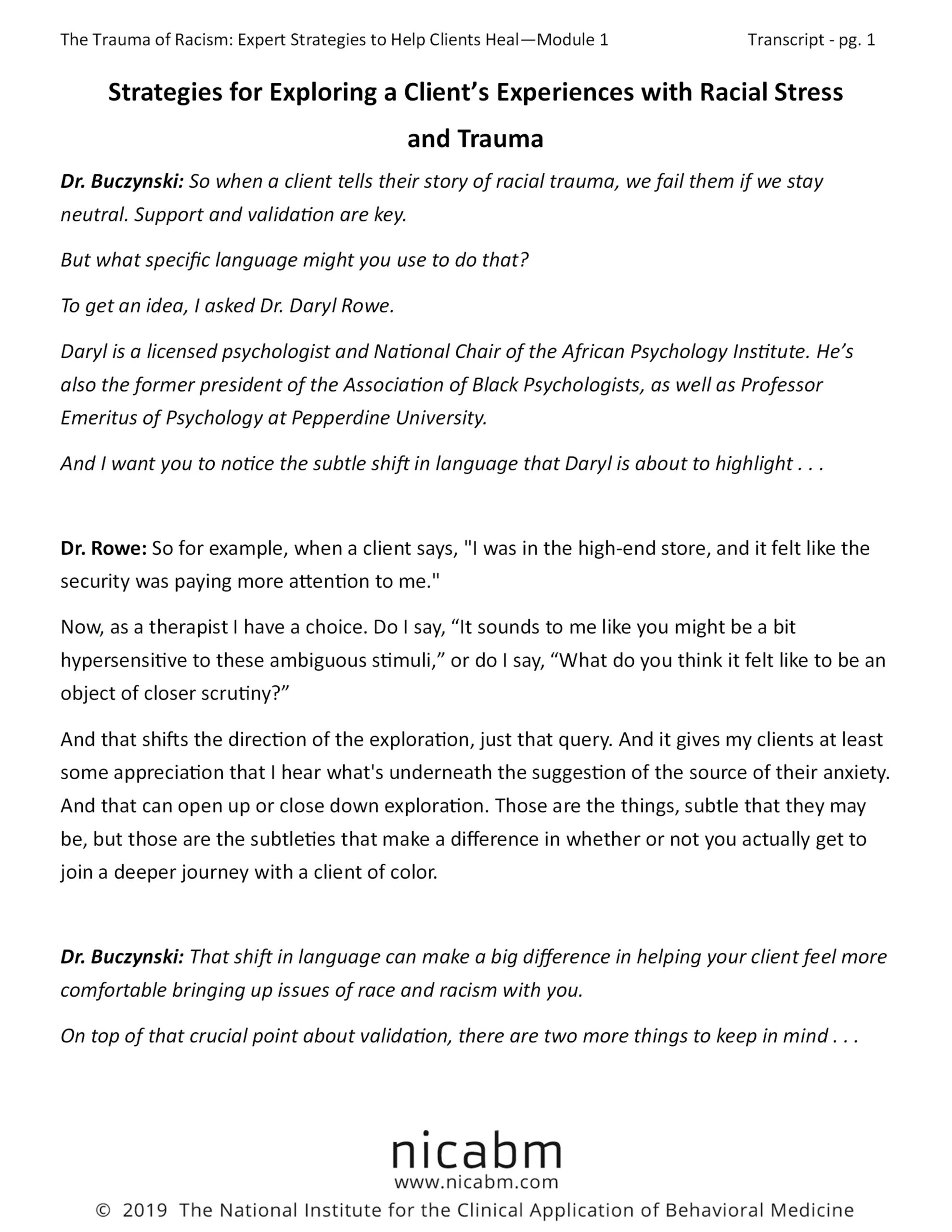Now 50% Off for a Limited Time
50% Off – Sale Ends Tomorrow
50% Off – Sale Ends Tonight
Working with Racial Trauma: How We Often Fall Short with Clients of Color
50% Will Be Donated to Organizations That Support and Empower Communities of Color
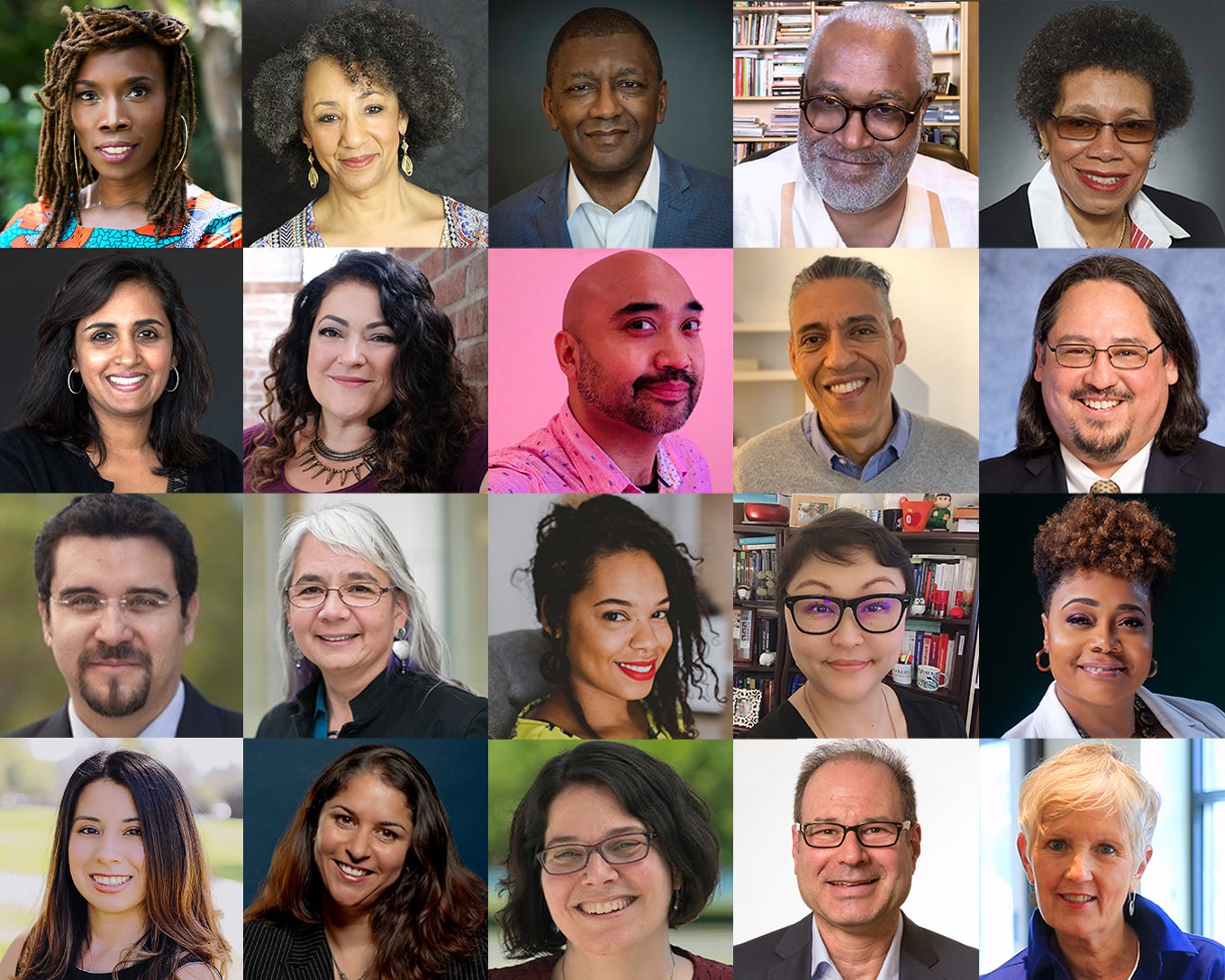
Get permanent access to all 4 modules, plus audio recordings and transcripts.
Now 50% Off for a Limited Time
Register here to watch for free at the time of broadcast.
Treating trauma can be a challenge for even the most experienced practitioner.
But when a client’s trauma stems from experiences of racism, treatment can become even more complex – for both the practitioner and client.
Because here’s the thing . . .
Historically, much of our training hasn’t taught us how to work with the significant link between racism and trauma.
We know there are cultural gaps in our training that lead to deficiencies in the treatment that clients of color receive.
That’s why even if we’re well-versed in working with chronic stress and trauma, we’re likely missing tools to treat clients who’ve experienced racial stress and trauma.
And without the proper training, it can have serious consequences for our work with clients.
Because of how insidious racism can be, some racial stress and trauma can easily go unnoticed – even by the most experienced practitioners.
Some acts of racism, like hate crimes and slurs, can be easy to spot. But so often, racism creeps up in more subtle ways – even in the most commonplace, everyday interactions.
And over time, the stress of discrimination, marginalization, and prejudice can build into trauma.
So here’s why this matters . . .
Without targeted strategies for treating racial trauma, we fall short with clients of color.
While issues of race and racism might not be the primary reason a client walks through your door, they could be a significant contributing factor. But if we aren’t working from a culturally informed perspective, we might find ourselves unprepared when stories of racial stress and trauma come up.
And in some cases, the treatment we provide might end up doing more harm than good.
That’s why knowing how to address these issues can be critical in creating a practice that’s safer, more inclusive, and better equipped to serve clients of color.
So for this trauma training program, we turned to 19 experts in the field of multicultural psychology. They shared with us their best culturally informed strategies to help clients of color heal from the hidden wounds of racial trauma.
Introducing…
The Trauma of Racism: Expert Strategies to Help Clients Heal
Hosted by Dr. Thema Bryant and Dr. Ruth Buczynski

Module 1: The Psychological Toll of Racism (and How to Work with It)
Thema Bryant, PhD Howard Stevenson, PhD Beverly Greene, PhD Daryl Rowe, PhD Usha Tummala-Narra, PhD Kevin Nadal, PhD Anneliese Singh, PhD, LPC Raymond Rodriguez, LCSW-R Shena Young, PsyD Adriana Alejandre, LMFT Jeffrey Ring, PhD
- The unique psychological impact that racism can have (and how it can lead to trauma)
- How to assess for racial trauma while building trust with your client
- How to respond (and how NOT to respond) when a client discloses racial stress and trauma
- Two specific strategies to help clients process racial trauma (and why it’s crucial to start with one before the other)
- Specific language that can help you explore the role that racial stress might be playing in your client’s presenting problem
- How to identify and work with the subtle impact of racial microaggressions
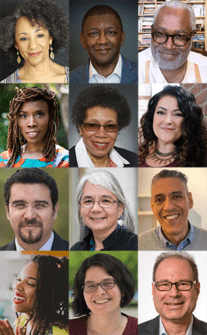
Module 2: Racial Confrontations, Systemic Racism, and Vicarious Trauma: How to Help Clients Navigate Them
Shelly Harrell, PhD Howard Stevenson, PhD Daryl Rowe, PhD Thema Bryant, PhD Beverly Greene, PhD Anneliese Singh, PhD, LPC Miguel Gallardo, PsyD Karen Suyemoto, PhD Raymond Rodriguez, LICSW-R Shena Young, PsyD Lizabeth Roemer, PhD Jeffrey Ring, PhD
- A 5-step strategy that can help clients de-escalate potentially violent situations
- Strategies to help clients feel empowered after a racially stressful or traumatic moment
- Specific language that can help clients uncover their internal strengths and resilience
- Contextual challenges that are important to consider when helping clients navigate systemic disparities
- How witnessing or hearing about racial violence can traumatize (or retraumatize) clients

Module 3: Working with the Painful Legacy of Intergenerational Racial Trauma
Daryl Rowe, PhD Thema Bryant, PhD Beverly Greene, PhD Shelly Harrell, PhD Anneliese Singh, PhD, LPC Usha Tummala-Narra, PhD Shena Young, PsyD Adriana Alejandre, LMFT
- Three subtle ways that racial trauma gets passed across generations
- How to help clients talk about intergenerational trauma (even when they don’t have the words to express it)
- What can make intergenerational trauma go unnoticed (even by practitioners)
- Specific questions to help clients better understand how the past might be impacting them in the present
- Approaches for working with internalized racism
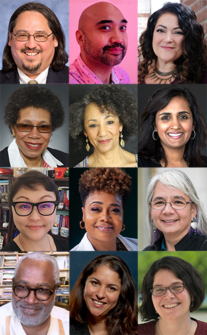
Module 4: Common Missteps That Can Erode Trust and Potentially Re-traumatize (and How to Avoid Them)
Joseph Gone, PhD Kevin Nadal, PhD Anneliese Singh, PhD, LPC Beverly Greene, PhD Shelly Harrell, PhD Usha Tummala-Narra, PhD Yuying Tsong, PhD Vanessa Abernathy, PsyD Karen Suyemoto, PhD Carrie Castaneda-Sound, PhD Lizabeth Roemer, PhD Daryl Rowe, PhD
- Why clients of color might distrust or even fear mental health services
- How to avoid one of the biggest missteps a clinician might make when working with racial trauma
- Why our current conceptualization of mental health is biased
- Specific questions that can help you get a better picture of your client’s racial identity
- Where we sometimes go wrong in diagnosing clients of color
Now 50% Off for a Limited Time
Register Here for a Gold Package for $397 $197
and get all of the video & audio recordings (so you can listen and watch whenever you want),
as well as the transcripts and learning tools at its lowest price ever
Sign Me Up
4.5 CE/CME Credits or Clock Hours are available for purchase at checkout.
Click HERE to get information about CE/CME credits and clock hours as well as speaker disclosures
Register here to watch for free at the time of broadcast.
Here’s How It Works
The Trauma of Racism: Expert Strategies to Help Clients Heal spans 2 weeks – new modules are broadcast Monday and Thursday (and replayed Tuesday and Friday).
When you register for free, you can tune into the scheduled broadcasts. You can join any time during the run of the series – each module is a stand-alone lesson.
When you register for a Gold Package, you get downloads of each module to watch at any time – even if you missed its original broadcast. With a Gold Package, all of the content is yours to keep forever.
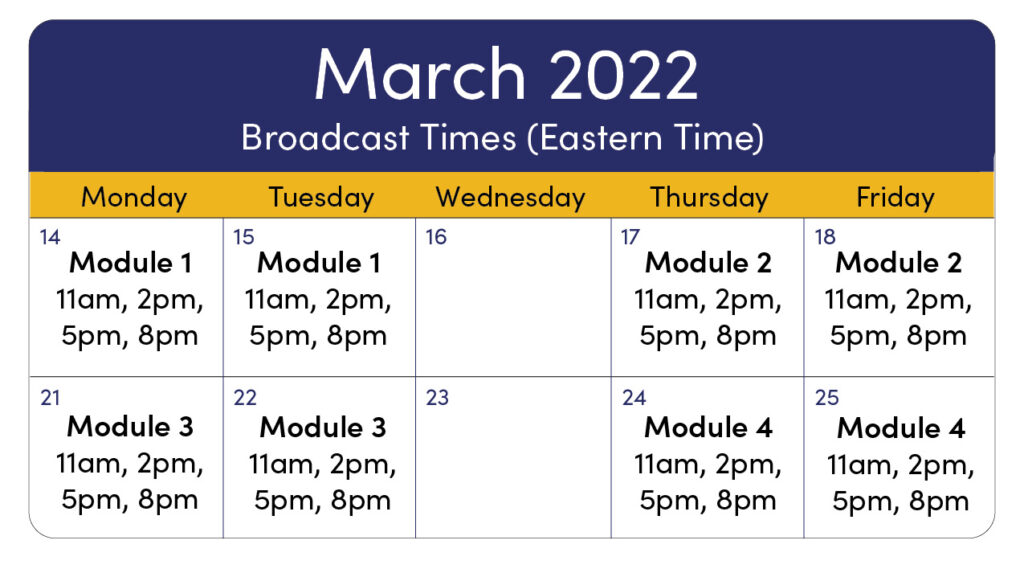

Course Director
Thema Bryant, PhD
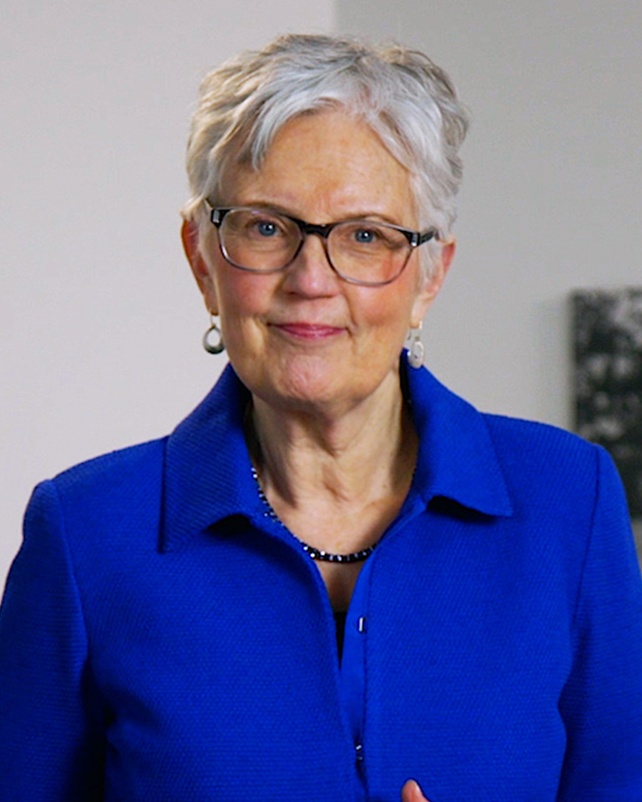
Course Director
Ruth Buczynski, PhD
This is NOT a Summit – Here’s What We Mean
We believe your time is precious.
So for this program, we developed 4 tightly planned modules – each with topics that are rarely talked about in other trainings on treating trauma.
In each and every session, you’ll hear from several leading experts on racially and culturally informed treatment – including Thema Bryant, PhD; Howard Stevenson, PhD; Shelly Harrell, PhD; Daryl Rowe, PhD; Beverly Greene, PhD; Joseph Gone, PhD; Anneliese Singh, PhD, LPC; Kevin Nadal, PhD; Raymond Rodriguez, LCSW-R; Usha Tummala-Narra, PhD; and more.
We developed this program because we think it will help you be your best and . . .
. . . get better outcomes, more quickly.
Now 50% Off for a Limited Time
Register Here for a Gold Package for $397 $197
and get all of the video & audio recordings (so you can listen and watch whenever you want),
as well as the transcripts and learning tools at its lowest price ever
Sign Me Up
4.5 CE/CME Credits or Clock Hours are available for purchase at checkout.
Click HERE to get information about CE/CME credits and clock hours as well as speaker disclosures
Register here to watch for free at the time of broadcast.
For This Trauma Training Program, We Brought Together Some of the Leading Experts in Treating Racial Trauma

Thema Bryant, PhD
Licensed psychologist specializing in relief and empowerment of marginalized persons; Professor of Psychology in the Graduate School of Education at Pepperdine University; author of Thriving in the Wake of Trauma: A Multicultural Guide.
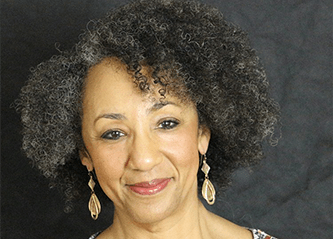
Shelly Harrell, PhD
Licensed psychologist specializing in multicultural and community psychology; Professor of Psychology in the Graduate School of Education at Pepperdine University.
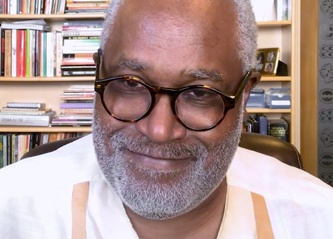
Daryl Rowe, PhD
Licensed psychologist; Professor Emeritus of Psychology at Pepperdine University; National Chair of The African Psychology Institute; Former President of the Association of Black Psychologists.
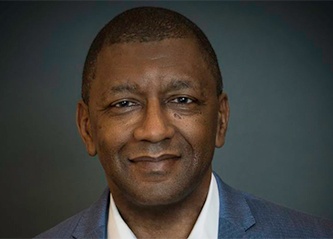
Howard Stevenson, PhD
Constance Clayton Professor of Urban Education and Professor of Africana Studies at the University of Pennsylvania; Executive Director of the Racial Empowerment Collaborative; clinical psychologist and researcher on negotiating racial conflicts.
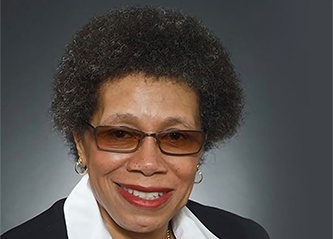
Beverly Greene, PhD
Professor of Psychology at St. John’s University; licensed psychologist specializing in the psychology of women, gender, and racial issues; recipient of the Distinguished Publication Award from the Association for Women in Psychology.

Usha Tummala-Narra, PhD
Professor of Counseling, Developmental, and Educational Psychology at Boston College; Author of Psychoanalytic Theory and Cultural Competence in Psychotherapy; Co-author of Applying Multiculturalism: An Ecological Approach to the Multicultural Guidelines.
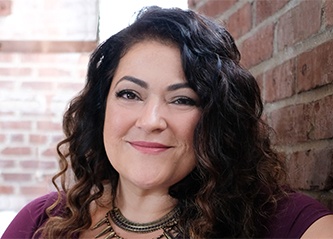
Anneliese Singh, PhD, LPC
Professor of Social Work and Associate Provost for Diversity and Faculty Development/Chief Diversity Officer at Tulane University; expert in racial healing, social justice, and the resilience of queer and trans people of color; author of The Racial Healing Handbook.

Kevin Nadal, PhD
Distinguished Professor at John Jay College of Criminal Justice; researcher on the impact of microaggressions on the mental health of marginalized persons; author of Microaggressions and Traumatic Stress.
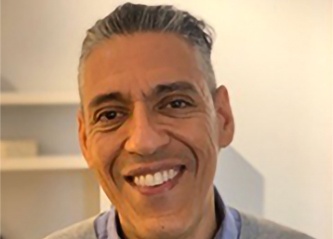
Raymond Rodriguez, LCSW-R
Licensed clinical social worker specializing in trauma therapy with members of marginalized communities; Adjunct Faculty Member at Columbia University School of Social Work; Faculty Member of the Sensorimotor Psychotherapy Institute.
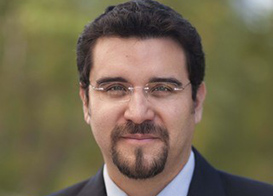
Miguel Gallardo, PsyD
Licensed Psychologist specializing in multicultural and social justice; Associate Professor at Pepperdine University’s Graduate School of Education and Psychology; author of Case Studies in Multicultural Counseling and Therapy.
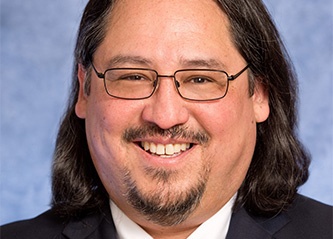
Joseph Gone, PhD
Faculty Director of the Harvard University Native American Program; Professor of Anthropology and Global Health and Social Medicine at Harvard University; Fellow of the Association for Psychological Science.
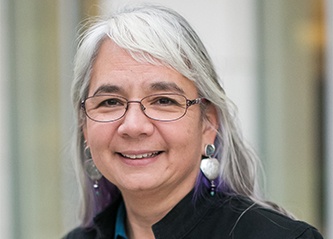
Karen Suyemoto, PhD
Professor of Clinical Psychology and Director of the Transnational Cultural and Community Studies Graduate Program at University of Massachusetts, Boston; Chair of the APA Task Force on Race and Ethnicity Guidelines in Psychology.

Shena Young, PsyD
Licensed psychologist specializing in treating sexual abuse and intergenerational racial trauma; Founder of Kindred Medicine.

Adriana Alejandre, LMFT
Licensed marriage and family therapist specializing in treating sexual abuse and racial trauma; founder of Latinx Therapy.
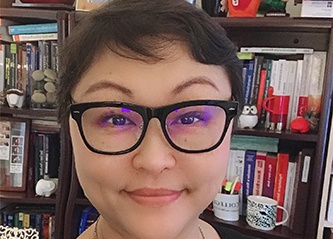
Yuying Tsong, PhD
Professor in the Department of Human Services at California State University; counseling psychologist specializing in body image and disordered eating in Asian Americans; Past President of the Society for the Psychology of Women.
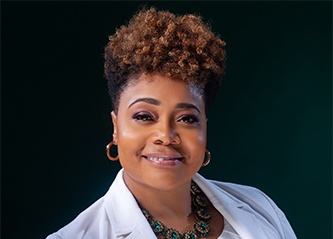
Vanessa Abernathy, PsyD
Licensed psychologist specializing in emotional abuse recovery and racial trauma; Assistant Professor at Keck School of Medicine of University of Southern California.
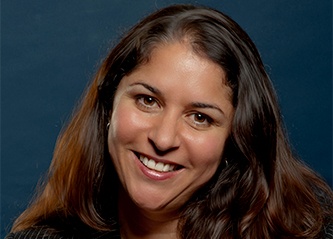
Carrie Castaneda-Sound, PhD
Licensed psychologist specializing in multicultural counseling, Latinx psychology, and liberation psychology; Associate Professor of Psychology at Pepperdine University.

Lizabeth Roemer, PhD
Professor of Psychology at the University of Massachusetts, Boston; researcher on the impact of systemic racism on the mental health of racially marginalized communities.
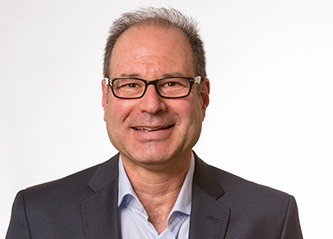
Jeffrey Ring, PhD
Professor at Keck School of Medicine at the University of Southern California; licensed psychologist specializing in culturally responsive care in medical education; author of the Curriculum for Culturally Responsive Care: The Step-by-Step Guide for Cultural Competency Training.
Here’s What Practitioners from Around the World Have Said About NICABM’s Trauma Training Programs:

. . . the content is clear, simple and the very latest insights from the most outstanding people in the field of trauma.
“These presentations are fascinating and easy to watch as the technical presentation is very good, and the content is clear, simple and the very latest insights from the most outstanding people in the field of trauma. You would need to read a lot of books to end up with as much good quality information as you get from watching this program.”
Liz Kirsopp, Psychotherapist
Northumberland, UK

I benefit, my practice benefits, and most important my clients benefit . . .
“I live in Nova Scotia and have limited travel funds at the university at which I work. The series provided by NICABM gives me the rare opportunity to listen to the leaders in the field. As a result, I learn valuable information that would not otherwise be available to me. I benefit, my practice benefits, and most important my clients benefit from the knowledge and wisdom I gain from the series.”
David Mensink, PhD Counseling Psychology, Psychologist
Halifax, Nova Scotia, Canada

. . . very cost effective and practical . . .
“These programs offer a broad spectrum of both information and specific guidelines with top experts in different fields of addressing human suffering. All in a very cost effective and practical way. Rather than thousands of dollars spent on the cost of conference I can learn in the comfort of my own home or office, on my own schedule. Certainly recommend any of these series to my colleagues.”
Ian Macnaughton, PhD, Psychotherapist
Vancouver, BC, Canada
Now 50% Off for a Limited Time
Register Here for a Gold Package for $397 $197
and get all of the video & audio recordings (so you can listen and watch whenever you want),
as well as the transcripts and learning tools at its lowest price ever
Sign Me Up
4.5 CE/CME Credits or Clock Hours are available for purchase at checkout.
Click HERE to get information about CE/CME credits and clock hours as well as speaker disclosures
Register here to watch for free at the time of broadcast.
Why the Transcript Is Essential:
- The transcript makes it easy to go back and double check concepts, citations and names that are mentioned
- We put in a table of contents to make it easy for you to find the exact part of the webinar you need
- Having the concepts already written allows you to take notes on how you’re going to use the ideas rather than transcribing the ideas
- Some people simply learn better by reading than by listening or watching
- You will be able to print out and share techniques presented in the modules with your patients

“I really liked being able to follow along with the transcripts as I listened…it was nice not to feel like I had to take notes. I really feel like I remember more when I both hear and see at the same time.”
Mary Ellen McNaughton, Masters in Counseling, Psychology Counselor
Kelowna, British Colombia, Canada
These Teachers Know How to Dig In and Turn Complex Principles into Practical Applications
They’ll share strategies for sensitively and effectively working with clients who’ve suffered from racial stress and trauma – and how you can do the same.
Racial trauma can be devastating, and its impact far-reaching.
Because of this, we are never satisfied with the status quo. We are passionate about finding the most effective and innovative approaches for getting deeper and more rapid ways to reduce suffering and help clients find their footing once again.

We Search Out the Most Experienced Practitioners Who Have Developed Extraordinary Methods for Getting Results

It doesn’t matter if they are well known or totally unknown. What matters is that they have an exceptional approach that is a cut above the rest.
And when we find them, we home in on exactly what it is they are doing that makes such a remarkable difference so that we can teach other practitioners how to get the same results with their patients.
If you are the kind of practitioner who also has a burning desire to find the best ways to help clients and be the best you can possibly be, come join us as we identify what it is that makes these innovative thinkers so successful in their work.
You Are Protected By
NICABM’s Money-Back Guarantee
We invite you to register for this training program without any risk. Unless you are completely satisfied, we will refund your money. Just let us know within 30 days from the date of registration. We are that confident that you will find this information to be more than you expected.
Now 50% Off for a Limited Time
Register Here for a Gold Package for $397 $197
and get all of the video & audio recordings (so you can listen and watch whenever you want),
as well as the transcripts and learning tools at its lowest price ever
Sign Me Up
4.5 CE/CME Credits or Clock Hours are available for purchase at checkout.
Click HERE to get information about CE/CME credits and clock hours as well as speaker disclosures

